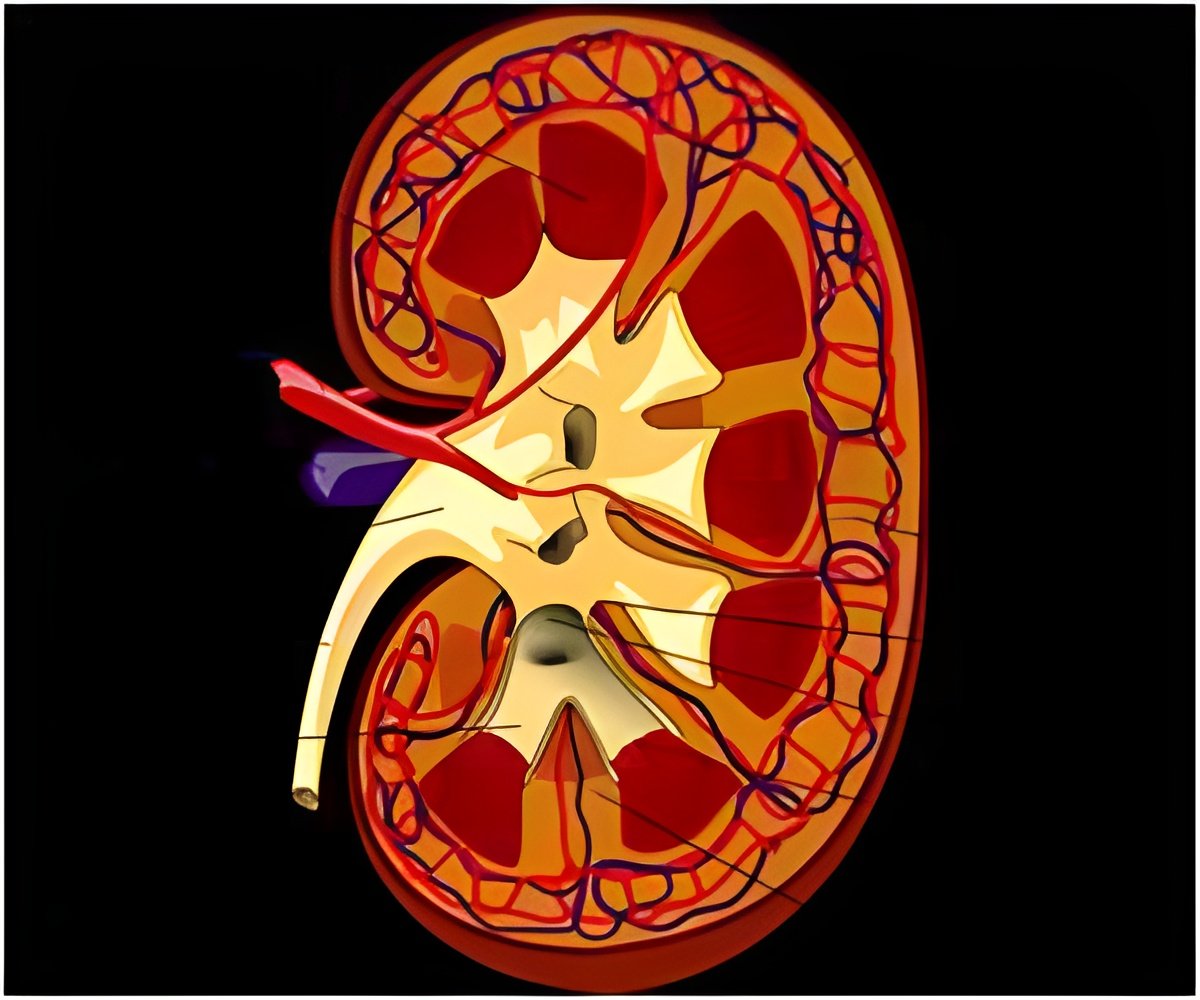If they are unemployed or work part-time, people in end-stage kidney failure in need of a kidney transplant are much less likely to be placed on a waiting list for a new kidney.

The researchers found that patients who are retired and/or disabled, working part time, or working full time are much more likely to be placed on a transplant waiting list than unemployed patients. They also are more likely to receive a transplant once placed on the list than unemployed patients. Finally, those who work full time are most likely to be both added to the transplant list and receive a kidney transplant.
The research was conducted by Woodward and researchers at the University of Pittsburgh Medical Center, University of Massachusetts Memorial Medical Center, and the Transplant Institute at Beth Israel Deaconess Medical Center. The new research is presented in the journal Clinical Transplantation in the article "Recipient's unemployment restricts access to renal transplantation."
Researchers evaluated transplant waiting list information for nearly 430,000 patients in end-stage renal disease from the U.S. Renal Data System and the United Network for Organ Sharing. Researchers investigated the employment status of these patients in relation to the amount of time between being diagnosed with end-stage renal disease and being listed on the transplant list, and the amount of time from when the patient was listed to when s/he received a transplant.
Of the nearly 430,000 patients evaluated for a kidney transplant, about 54,000 were added to the list for a kidney transplant. And of those listed for a kidney transplant, nearly 22,000 actually received a kidney transplant.
Although this analysis did not identify why those who are unemployed experience faced restricted access to kidney transplantation, the authors suspect there may be many factors that contribute to the unwillingness of transplant centers to list and transplant poorly employed patients.
Advertisement
"A lack of employment can lead to limited financial resources for the patient and subsequent inadequate medical care following the transplant. Transplant centers have found that patients with limited financial resources have higher rates of noncompliance with post-transplant medical care. Because noncompliance with post-transplant care is a leading cause of rejection, infection, and death, transplant centers may be more hesitant about providing access to transplants to those with limited financial resources," Woodward says.
Advertisement
Those who rely only on Medicare also may experience restricted access to transplant services. According to the researchers, even though Medicare pays for a large portion of the cost of the required immunosuppressant medications, it does not cover non-immunosuppressant prescription drugs that transplant patients are more likely to require. As a result, many transplant centers require secondary, private insurance before a patient is considered for listing on the transplant list.
Finally, Woodward and his fellow researchers say that transplant centers could view employment status as a marker of mental and physical health status, education level, and perceived compliance by the patient with post-transplant care.
Woodward and his co-authors suggest that patients who are more likely to experience barriers to transplants based on employment status could benefit from increased interaction between patients, social workers, and other medical personnel, including case managers and financial specialists. The focus should be on continued employment and vocational rehabilitation, they said.
Source-Eurekalert















